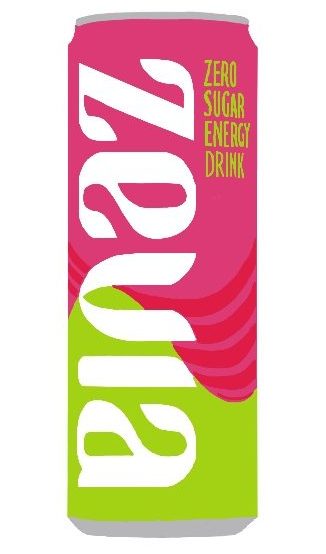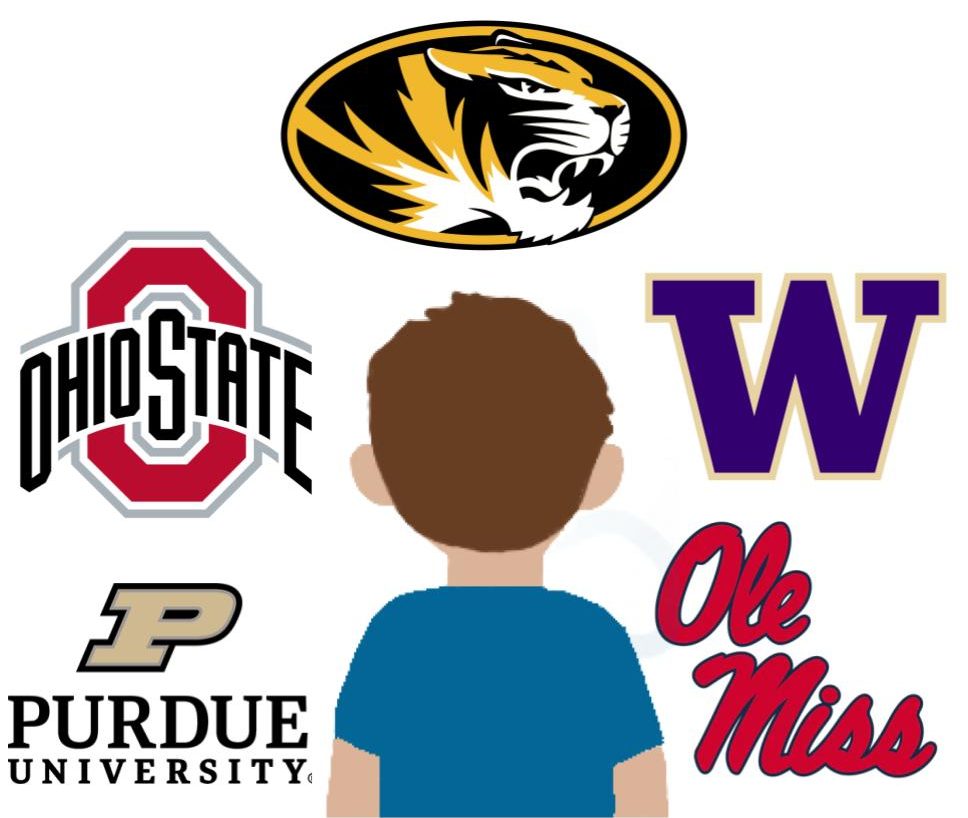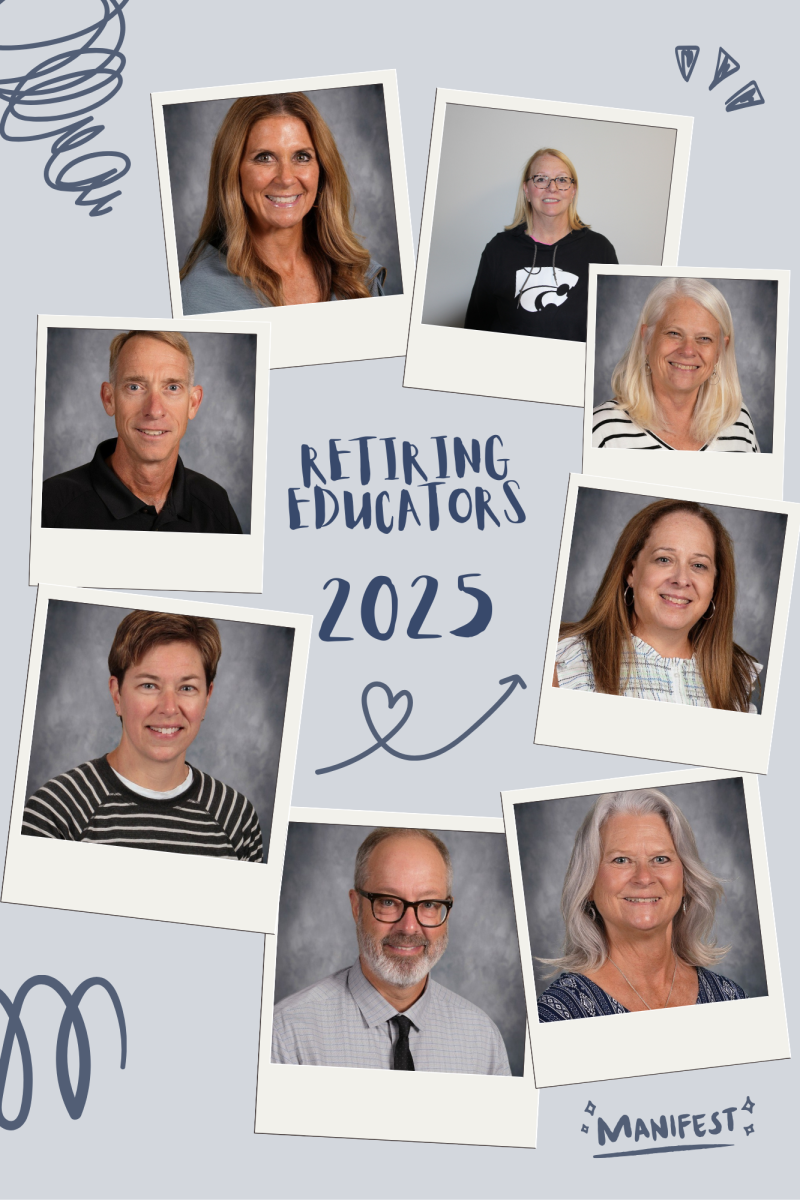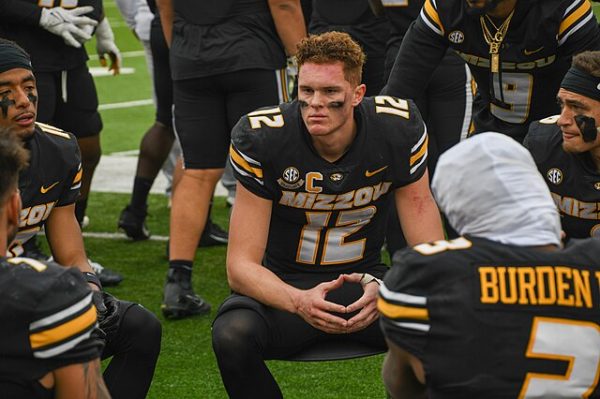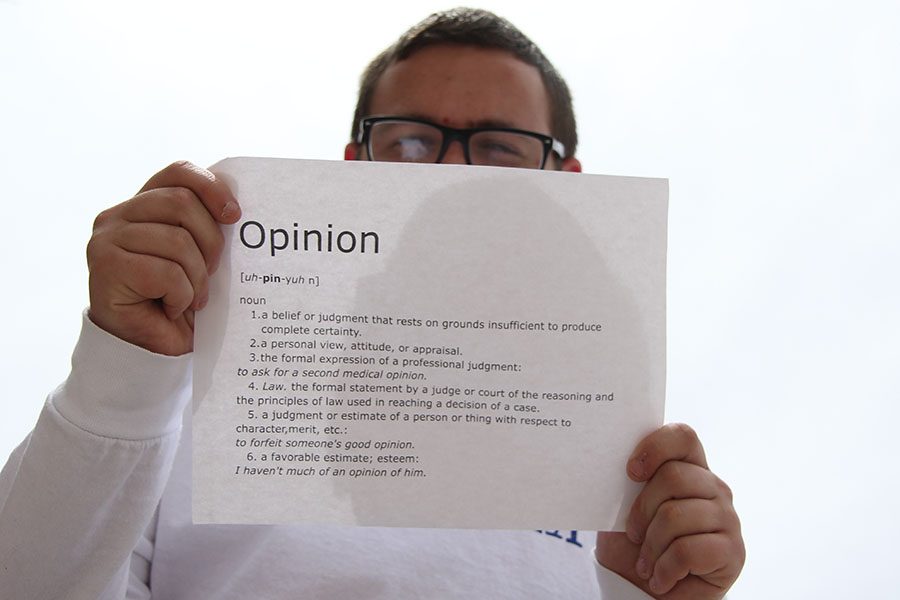Opinions | Fine line | Defining the difference
A look at seeking the truth and reporting it
The EHS-hub published “Listen up, legislators,” May 1.
I took on the editor-in-chief position of the EHS-hub in January in the middle of my sophomore year. We are a small staff that works hard to update the site with relevant material every school day.
I coordinate efforts across three class periods including the Eurekana Yearbook Production hour and EBN Digital Media Production and Video Production hours.
Nearly every day, I take a risk. I risk my friends, my “status” and my image. Nearly every day, I publish something online for the masses to see, read and judge me.
I tie my name to a publication and articles that some people love and some people hate.
The job of editor-in-chief is challenging every day. I will be covering my job as the editor-in-chief through a series of “Fine line” blogs.
The First Amendment is a fine line between protected speech and unprotected speech, what speech is “allowed” and what is not.
“Congress shall make no law respecting an establishment of religion, or prohibiting the free exercise thereof; or abridging the freedom of speech, or of the press; or the right of the people peaceably to assemble, and petition the government for a redress of grievances.”
A free press is one of the cornerstone institutions of a democracy, which is why the Founding Fathers made the press the only private industry protected by the Constitution.
America needs credible and reliable news organizations now more than ever. I want to be a part of that solution.
When the Hub staff reports, we all work hard to keep our opinions out of the story. And all too often, we discover what we thought to be true simply wasn’t. That’s the power of information.
Editorials are articles that reflect the opinions of a news organization on a particular issue. They are a crucial part of a publication and every major outlet publishes them.
Editorials are when a staff gets messy by weighing in after reporting from the sidelines.
People love to label news organizations as “liberal” or “conservative” because there are now organizations that include those political stands in their mission statements.
But we don’t consider those companies to be news organizations. They are media outlets with their own agendas. Our agenda: seek the truth and report it, be accountable and transparent, act independently and minimize harm.
True journalists hold themselves and other journalists to these ethical standards. I know there are lots of organizations out there acting like they are journalists and don’t live by these standards. I argue that these organizations are entertainment outlets.
Those standards keep us honest and set us apart from talking heads and “the media.” It is hard work.
The staff is made up more of independents than anything else, and we focus on the issues to avoid the easy way out.
A staff editorial is not just us throwing our opinions out there. We have research, interviewed and debated the issue. Then we take a stand based on that information and our experiences.
Reducing a complex issue down to a label is contributing to the problem–NOT solving it. In a democracy, people have the right to their opinions whether we consider them right or wrong. So our reader will disagree with us. And commenting to this post is an effective means of continuing a civil discourse and participate in a functioning democracy.
While editorials are intended to provoke thought and civil discussion on the issue at hand, they’re also meant to give an informed view.
Publishing opinions on the internet can–quite frankly–be frightening. When we do we give the world a look inside of our minds and how we think.
In a time when people can pick and choose their “news,” hearing from credible sources is more important than ever.
In 2018, we are quick to label every site as “biased,” “fake” or just “wrong.” I get it. The media often blurs the line between news and entertainment, fact and opinion. We at the EHS-hub are not a bunch of talking heads talking to hear ourselves speak.
We seek to give a voice to the voiceless and serve the public interest.
Not everyone will like our editorials or really anything we write, for that matter. There will always be someone challenging our reporting, accusing us of being biased or misinformed. It is part of journalism and it is part of life.
If readers disagree with something the EHS-hub has published or would like to comment, we ask them them to write a letter to the editor. Letters to the editor are published on the Hub and are read as a staff. Letters to the editor help the staff reflect and refine their approach.
As reporters we always seek to understand and learn and grow. We are community reporters, living side-by-side with the very same people we interview. Let us talk with each other instead of at each other and build a stronger community.
I promise to always listen and I will continue to battle for the truth in this information-flooded age.
Your donation will support the student journalists of Eureka High School - MO. Your contribution will allow us to purchase equipment and cover our annual website hosting costs.

This is Ethan's seventh semester on the News Production staff. In his free time, he enjoys taking photos, going to concerts and hanging out with his friends....

This is Peterson's seventh semester on staff where she serves as the Managing Editor for both the Eurekana Yearbook and EHS-hub. Peterson enjoys sleeping,...



